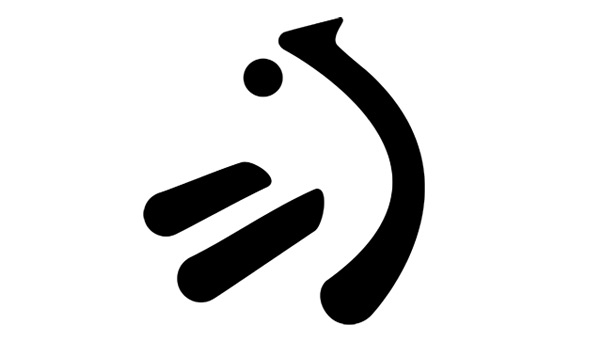Limited gas supplies are a cause for concern: several European countries are now planning to regulate gas supplies and even ration electricity in case Russian gas flows should stop. Russian gas supplies to Europe via the North Sea pipeline fell last week and Moscow said further delays in repairs could disrupt all supplies.
The European Union has rules to respond to gas supply disruptions. It defines three crisis levels: early warning, alarm and emergency. Member States are obliged to draw up plans to deal with the consequences of a supply disruption.
In an emergency, governments can only intervene if market-based measures are not sufficient to guarantee supplies to households and supply-critical companies.
An overview of the actions of governments in Europe:
AUSTRIA
Austria, which gets about 80 percent of its gas from Russia, has activated the first phase of the three-phase emergency plan and decided on a strategic gas reserve. It is also investigating measures to diversify the gas supply and will convert a gas-fired power station in Mellach to coal-fired electricity generation.
BULGARIA
The country, which gets more than 90 percent of its gas needs from Russia, has agreed to purchase liquefied natural gas (LNG) from the US and has intensified talks with Azerbaijan to increase gas supplies.
CZECH REPUBLIC
Czech energy supplier CEZ has announced that it has replaced a reduction in gas supplies from Russia’s Gazprom with volumes from other sources.
DENMARK
The Danish Energy Agency said it had activated the first phase of a three-stage gas supply emergency plan. She said gas supply was secure for now, but urged consumers and businesses to cut consumption.
FRANCE
In April, French gas transmission system operator GRTgaz said it had taken measures that could reduce gas supplies to customers in the event of shortages, and urged utilities to fill underground storage facilities before next winter. The measures enable the company to instruct large consumers connected to its network to reduce or stop gas consumption within two hours and to ask the distribution network operators to do the same in the event of a shortage. France gets about 20 percent of its gas from Russia.
GERMANY
Germany, which will supply 55 percent of its gas needs from Russia in 2021, has activated the first phase of its contingency plan, but the gas market regulator said it was in no rush to move to the highest phase, the third phase. The third emergency level occurs when the market-based measures are not sufficient to remove the congestion and when the German grid operator has to decide how the remaining gas stocks should be distributed.
GREECE
Under a contingency plan, Greece, which mainly uses gas for electricity generation, will purchase additional quantities of LNG and convert four gas-fired power plants to diesel. In addition, the country will temporarily expand coal production over the next two years.
ITALY
Italy, which gets about 40 percent of its gas needs from Russia, could go on a gas alert this week if Russia continues to cut supplies, government sources say. This could include measures to reduce consumption, such as rationing gas for selected industrial customers and ramping up coal-fired power generation.
NETHERLANDS
The Netherlands is activating the early warning phase of its energy crisis plan and is raising the production limit for coal-fired power stations. The country imports 15 percent of its gas from Russia.
POLAND
Under a law on mandatory reserves, the Polish Ministry of Climate is submitting a proposal to the government to introduce restrictions on gas consumption in the event of a threat to security of supply, initially affecting industry and protecting the environment. households. Poland gets about 50 percent of its annual gas needs from Russia.
SPAIN AND PORTUGAL
Neither country on the Iberian Peninsula counts Russia as one of its main suppliers.
SWEDEN
Sweden has also activated the first phase of the three-part contingency plan.
Source: Krone
I’m Wayne Wickman, a professional journalist and author for Today Times Live. My specialty is covering global news and current events, offering readers a unique perspective on the world’s most pressing issues. I’m passionate about storytelling and helping people stay informed on the goings-on of our planet.



